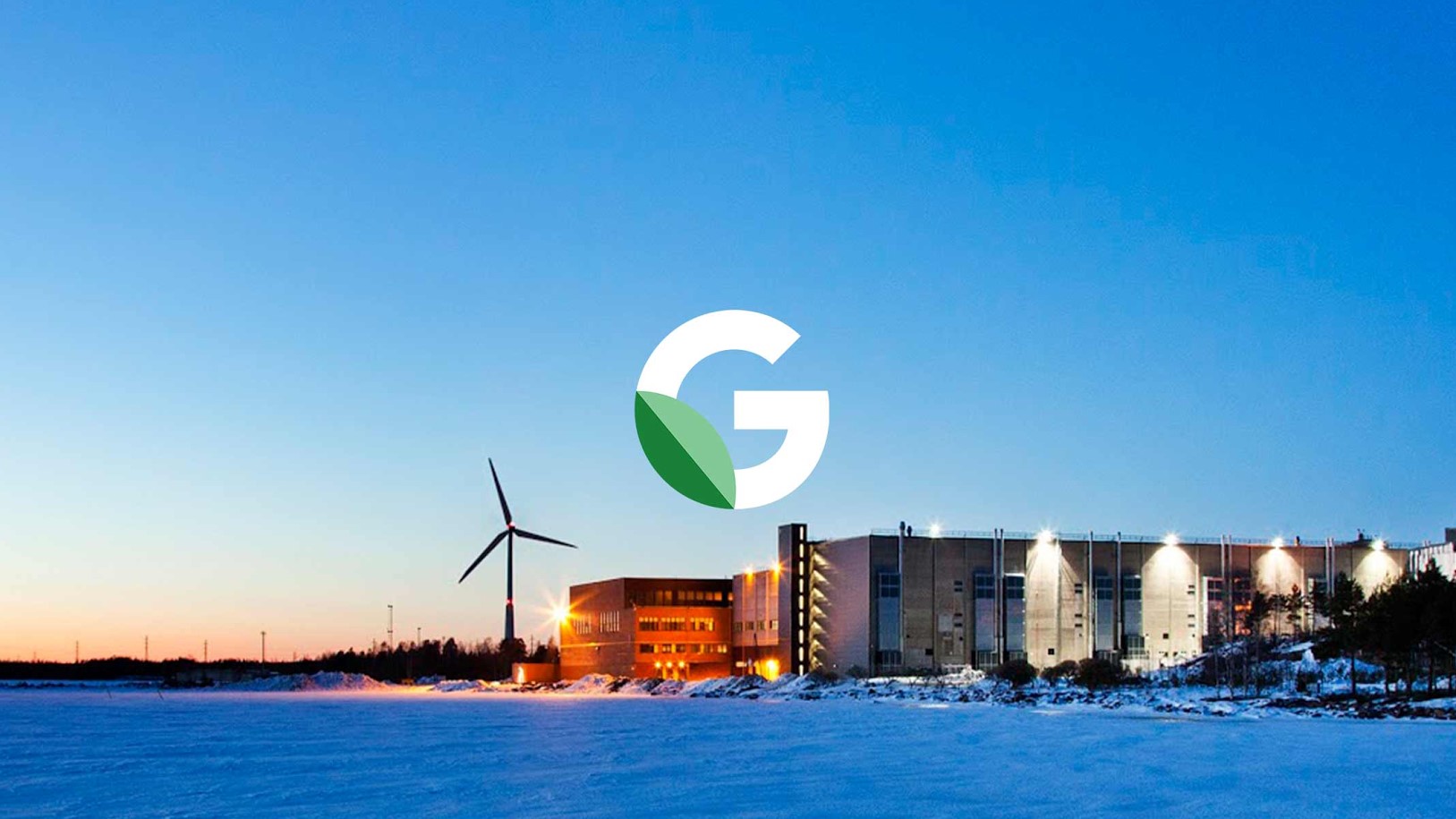Most companies want to be greener, but are failing to do so
Businesses say sustainability is a key focus, but many are being held back

Sign up for breaking news, reviews, opinion, top tech deals, and more.
You are now subscribed
Your newsletter sign-up was successful
The large majority of businesses see sustainability as a key goal, but many are unsure how to action and even measure their efforts to go green, a new study has found.
Google Cloud surveyed 1,491 executives across 16 EMEA countries on their sustainability practices, with 90% of leaders identifiying ESG initiatives as their top organisation priority.
However sustainability efforts receive some of the lowest investment levels, especially proportionally to how important they are viewed. Just 9% of these businesses were allocating resources towards sustainability goals.
Empty words
In the UK specifically, 71% of executives said that their organisation was guilty of so-called greenwashing, which is higher than the EMEA average of 54%. The practice involves making empty pledges with little to no actual follow-through.
"The research showed a troubling gap between how well companies think they're doing, and how accurately they’re able to measure it," says Google.
"Only 36% of respondents said their organizations have measurement tools in place to quantify their sustainability efforts, and just 17% are using those measurements to optimize based on results."
It goes without saying that accurately tracking sustainability goals is incredibly hard without the right tools.
Sign up to the TechRadar Pro newsletter to get all the top news, opinion, features and guidance your business needs to succeed!
Perhaps the only good news from the survey is that executives are clearly aware of the importance of sustainability and have, at least in words, expressed a commitment to changing things.
Dark clouds
One of the main difficulties for Google Cloud itself is that cloud computing uses a lot of resources, especially water and energy.
Running a vast data center is an incredibly resource-intensive thing to do, which is one of the reasons that Google, Meta, and others are simultaneously building centres in cold countries and signing huge deals to gobble up renewable energy.
Hopefully Google can heed its own research and invest genuinely and properly into creating a sustainable way of running hyperscale data centres that power much of the world's "cloud" computing.
Max Slater-Robins has been writing about technology for nearly a decade at various outlets, covering the rise of the technology giants, trends in enterprise and SaaS companies, and much more besides. Originally from Suffolk, he currently lives in London and likes a good night out and walks in the countryside.